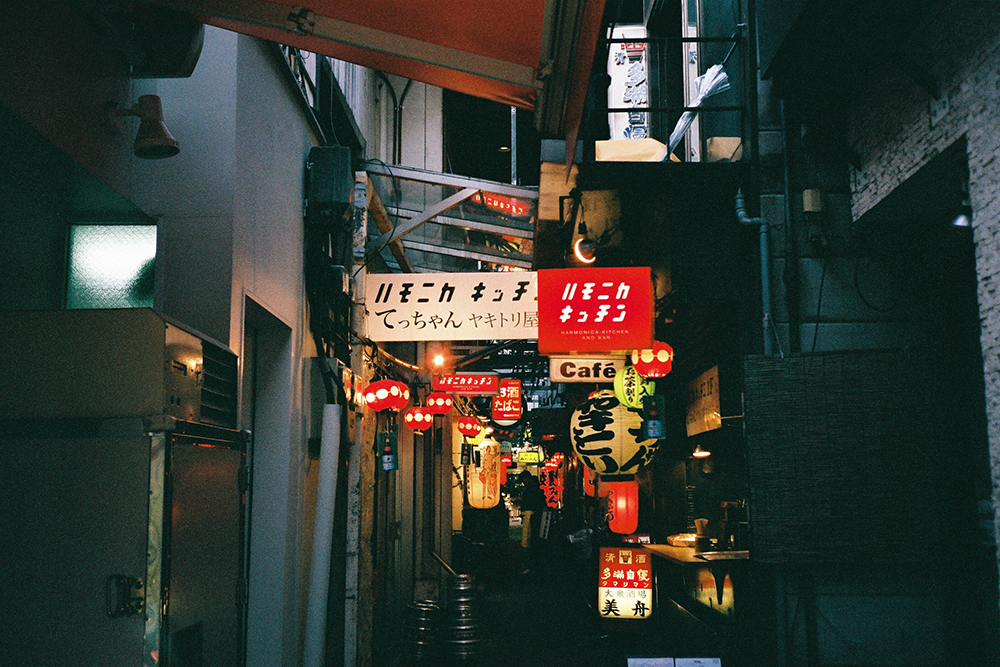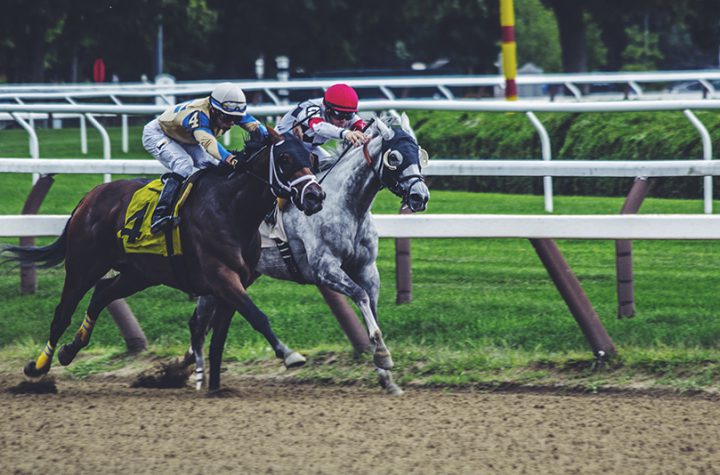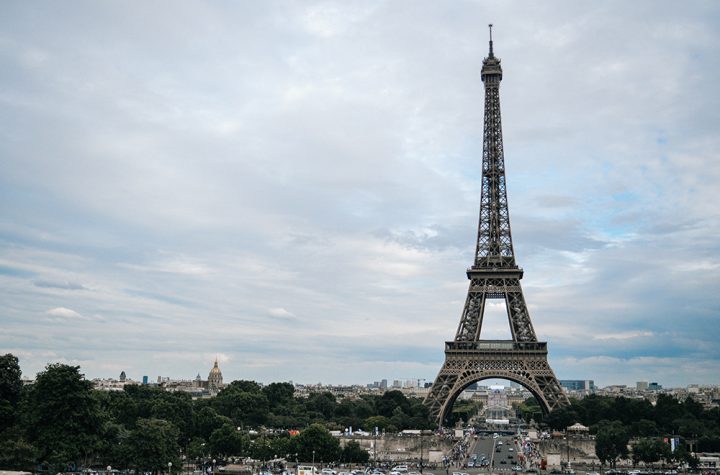
“It is approximately identical to Julius Caesar in his final date when he saw Brutus approaching him.”
Mr Wang said the lack of consultation did not conform to the spirit of comprehensive, strategic partnership between Australia and China.
“It lacks the least courtesy and diplomacy. We were singled out,” he said. “We should not let a cold, hard mind cast a shadow over our partnership. We should not let outdated stereotypes and political distortion model our understanding of each other and the world. Any illogical paranoia we believe will be blown away with the strong breath of history.”
Liberal MP Dave Sharma, Australia’s former ambassador to Israel, accused China of being too sensitive.
“At latest count COVID-19 has killed 800,000 people worldwide and caused economic disruption on a scale not seen since the Great Depression,” he said. “If getting to the bottom of what caused this generates some ‘hurt feelings’, I think that is the least of our concerns.”
The dispute in April over the inquiry was followed by multiple escalations over China’s crackdown in Hong Kong, incursions in the South China Sea, the treatment of Uighur muslims in Xinjiang and restrictions on Chinese telecommunications giant Huawei in Western mobile networks.
The United States, France, Germany, Japan, the United Kingdom and the European Union have all raised similar concerns and continue to have high-level ministerial diplomatic contact with Beijing. Australia has not had direct contact with President Xi Jinping, Foreign Minister Wang Yi or Commerce Minister Zhong Shan since January and is the only country to have been targeted for multiple trade strikes on beef, barley, wine, students and tourists. The National Press Club, which hosted the speech, served Australian beef, barley and local wine for lunch at the event.
Mr Wang denied that Australia’s foreign and trade ministers had been locked out and said he had not received a request for meetings through the Chinese embassy in Canberra. Australian ministers have historically gone directly to their counterparts.
“There is no block in between,” said Mr Wang. “We made representations with our counterparts in the Department of Foreign Affairs and other ministries to express our concern and our objections. This is diplomacy.”
Mr Wang, who was formerly deputy director of the international department at China’s Ministry of Foreign Affairs, said Australia and China were “a classic case of comparative advantages”, with Australia’s resource sector fuelling China’s manufacturing capacity. “The two economies fit each other,” he said.
But he warned against Western governments attempting to retro-fit capitalism into China’s socialist economy, which has a population density 45 times that of Australia and GDP per capita of only one-sixth.
Mr Wang said China craved rejuvenation as it attempted to return to the top of the world’s economies, a position it held until the early 19th century.
“China cannot afford to live in the Australian way or in the American way because of different natural endowment, demographic profile, economic status,” he said. “We seek not to tread the old path of the developed economies but blaze a new trail.”
Eryk Bagshaw is the China correspondent for The Sydney Morning Herald and The Age. Due to travel restrictions, he is currently based in Canberra.





More Stories
As the pandemic wreaks havoc on TV and movie ‘love lives’, intimacy coordinators need to find ways to adapt